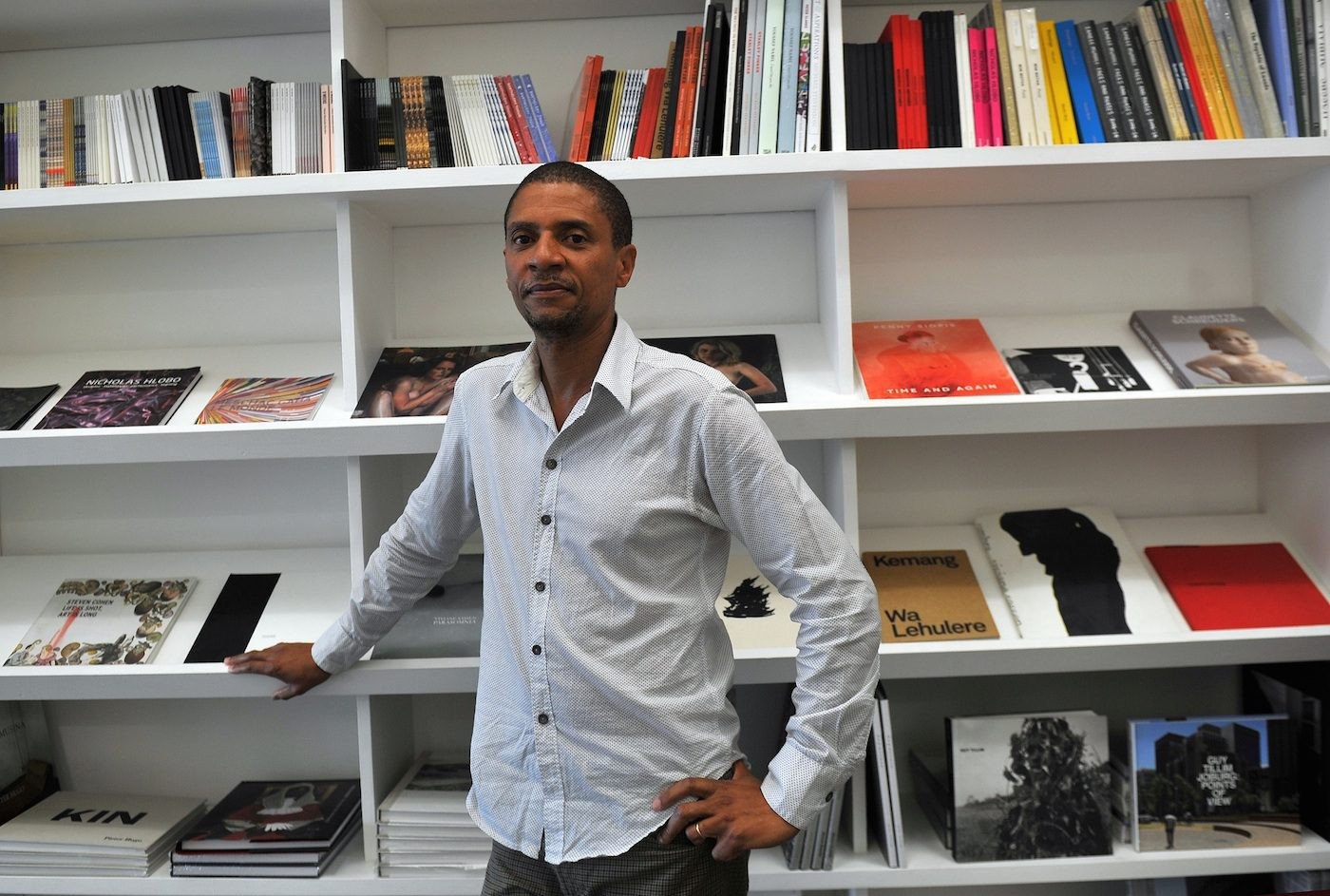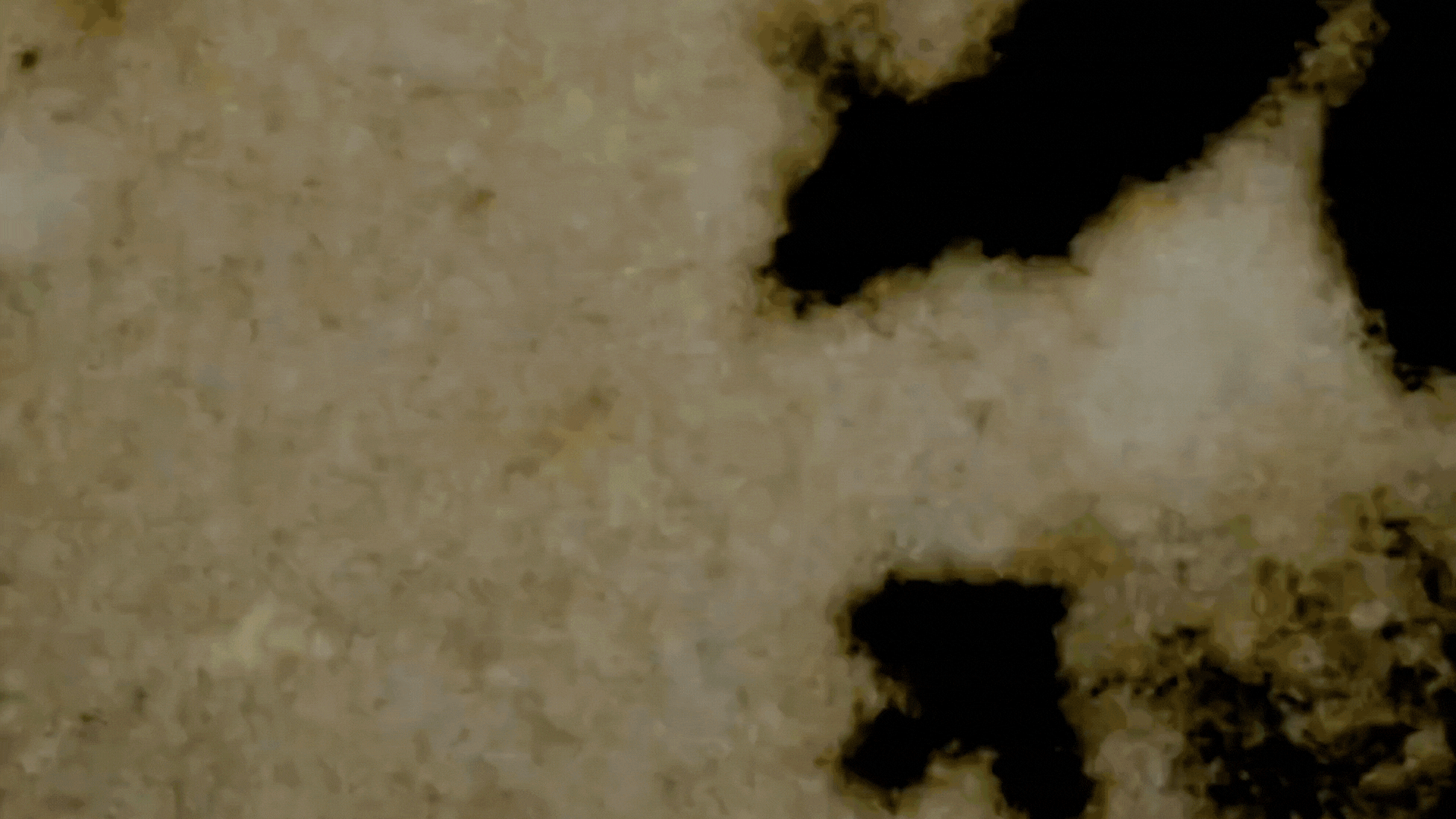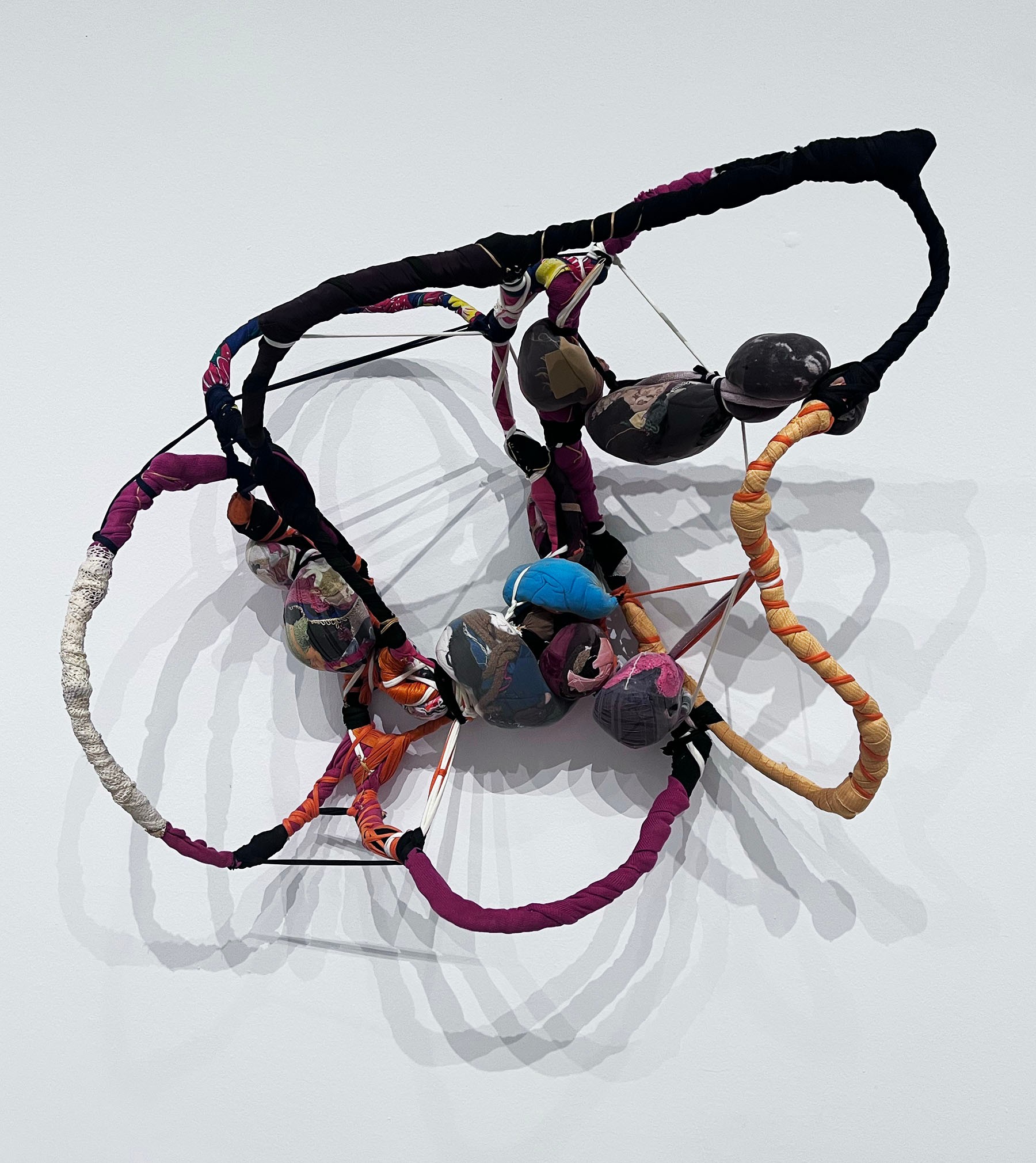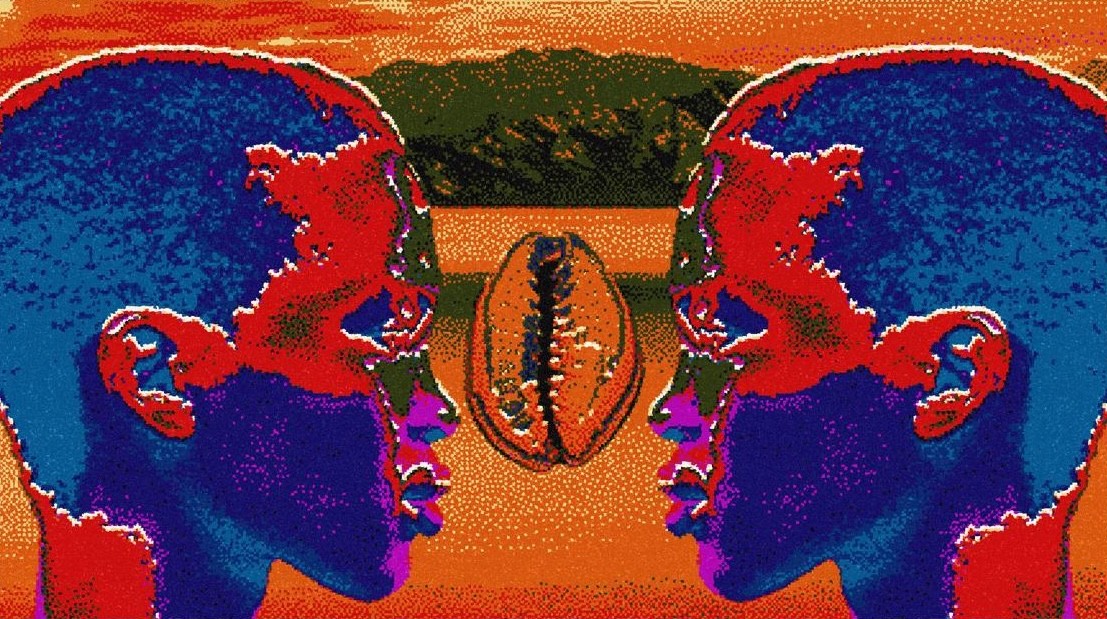Listening is a skill and we don’t do it enough

14 February 2017
Magazine C& Magazine
6 min read
Daniel Hewson met with Tumelo Mosaka, new chief art curator of Cape Town Art Fair. They talked about his work, the current and future challenges for african curators, and the CTAF special section Tomorrows/Today, dedicated to solo presentations by emerging artists from Africa and its diaspora. Daniel Hewson: What do you see as the greatest …
<p class="p2">Daniel Hewson met with Tumelo Mosaka, new chief art curator of Cape Town Art Fair. They talked about his work, the current and future challenges for african curators, and the CTAF special section Tomorrows/Today, dedicated to solo presentations by emerging artists from Africa and its diaspora.
</p>
<p class="p1">Daniel Hewson: What do you see as the greatest difficulties/challenges associated with being a curator?
</p>
<p class="p1">Tumelo Mosaka: One of the main challenges is probably concept development. I don’t always know what the next idea for a show will be, so I have to always be thinking and looking carefully, as inspiration sometimes comes from unexpected places such as conversation and reading about art. Then you have the research phase, which I believe is the most fun, but can also be challenging when you have limited resources for travel and printing. Another challenge is how to communicate to the public. PR firms often want to reduce complex ideas to sound bites, and this can be very problematic, so one has to manage that side of things. Other challenges include logistics and meeting expectations from artists, institution and the public.
</p>
<p class="p1">Daniel Hewson: Whilst working as a curator at the Brooklyn Museum, what were some of your highpoints?
</p>
<p class="p1">Tumelo Mosaka: I loved the Brooklyn Museum because of its vast collection holdings. It was a privilege to have access to such a broad collection covering so many cultures and traditions from around the world. I was constantly reminded of the value of culture and the struggle to make it accessible. I spent my time at the Brooklyn Museum working toward broadening their cultural representation and building audiences.
</p>
<p class="p1">Working with artists such as Kehinde Wiley on his solo museum exhibition was clearly a highpoint. This showcased a young African American artist whose work is in conversation with art history but also being very critical of the absence of black figures in portrait painting. Another moment was the Caribbean exhibition titled Infinite Island: Contemporary Caribbean Art. This was a groundbreaking exhibition that introduced many new artists from the Caribbean to American audiences. Not only did it bring Caribbean art into focus, it highlighted the importance of Diaspora experience.
</p>
<p class="p1">Daniel Hewson: How can artistic dialogues and interventions help South Africans to listen more carefully to each other?
</p>
<p class="p1">Tumelo Mosaka: Listening is a skill and we don’t do it enough. Most times we hear things, but are selective about what we understand. Art has a way of making us see things differently, and a part of this experience has to do with how we tune in. The dialogues provide another platform of engagement about culture today. They provide a public forum and a vehicle for creating deeper understanding and relations between people.
</p>
<p class="p1">Daniel Hewson: How can curators from Africa facilitate the balance between past history, present moments and future iterations?
</p>
<p class="p1">Tumelo Mosaka: Curators from Africa constantly grapple with this reality. The ghost of the colonial past moment looms heavily over the present and future realities. I think curators from Africa have to break away from rehearsing the same narrative about Africa’s absences from the grand narratives. We know this already, so we have to begin to re-inscribe new narratives about what is of importance to people in Africa. What are the urgent issues and how do they relate to a broader context beyond the local?
</p>
<p class="p1">Daniel Hewson: Please elaborate on your curatorial concept for this year’s Cape Town Art Fair (CTAF), titled “Tomorrows/Today.”
</p>
<p class="p1">Tumelo Mosaka: “Tomorrows/Today” explores challenges facing cities on the continent. Faced with increased inequality, urban poverty, environmental disasters and mass migration, cities like Lagos, Johannesburg, Kinshasa, Nairobi, and Luanda and many others have been experiencing a rapid process of urban transformation that is uncontrollable. The speed and scale of urbanization has exposed the frustrations and struggle of millions of people living on the continent. These artists express ideas and sentiments that channel the struggle of life evident in Africa and the world today.
</p>
<p class="p1">Daniel Hewson: Will there be any educational projects present at CTAF 2017 for high school art students studying visual arts for Matric (the school leaving exam)? If yes, what strategies will you employ to facilitate this learning?
</p>
<p class="p1">Tumelo Mosaka: We are working with community groups such as Lalela that will be running four workshops for young people at the V & A Waterfront. These workshops are open to all ages and are free of charge to the public. There will also be a family guide available at the information desk. Exposing children to art at an early age is very important because it provides tools for thinking creatively. It builds confidence and critical thinking skills that are necessary for solving future problems.
</p>
<p class="p1">Daniel Hewson: Finally, what does it mean to be back in Cape Town on the African continent after many years abroad in the USA? How will these alternating contexts inform your position as a leading curator going forward?
</p>
<p class="p1">Tumelo Mosaka: For me, it’s a homecoming and an opportunity to reconnect with family and the African context. I always want to have a deeper understanding of where I work, as context always informs how I approach projects. I think being based in Cape Town is going to be critical not only in my relationship to local artists but also for creating stronger networks with the rest of the continent. With Zeitz MOCAA opening soon, and the fair being a seasonal event, it seems Cape Town has the potential to be the destination place in Africa for contemporary art.
</p>
<p class="p1">.
</p>
<p class="p1">.
</p>
<p class="p1">Daniel Hewson is a young curator, writer and cultural collaborator from Cape Town, South Africa. Since graduating from Rhodes University he has specialized in curating in the visual arts field and arts education, with a particular focus on printmaking. He is deeply involved in Stanford Creative Works (SCW), an occupational and art therapy organization based in the Western Cape province of South Africa and funded by David Krut Projects.
</p>
Read more from

On Ghosts and The Moving Image: Edward George’s Black Atlas

Confronting the Absence of Latin America in Conversations on African Diasporic Art

On Exile, Amulets and Circadian Rhythms: Practising Data Healing across Timezones
Read more from

Yina Jiménez Suriel and Raphael Fonseca are the artistic directors for Iceland’s Sequences Biennial

MAM São Paulo announces Diane Lima as Curator of the 39th Panorama of Brazilian Art
